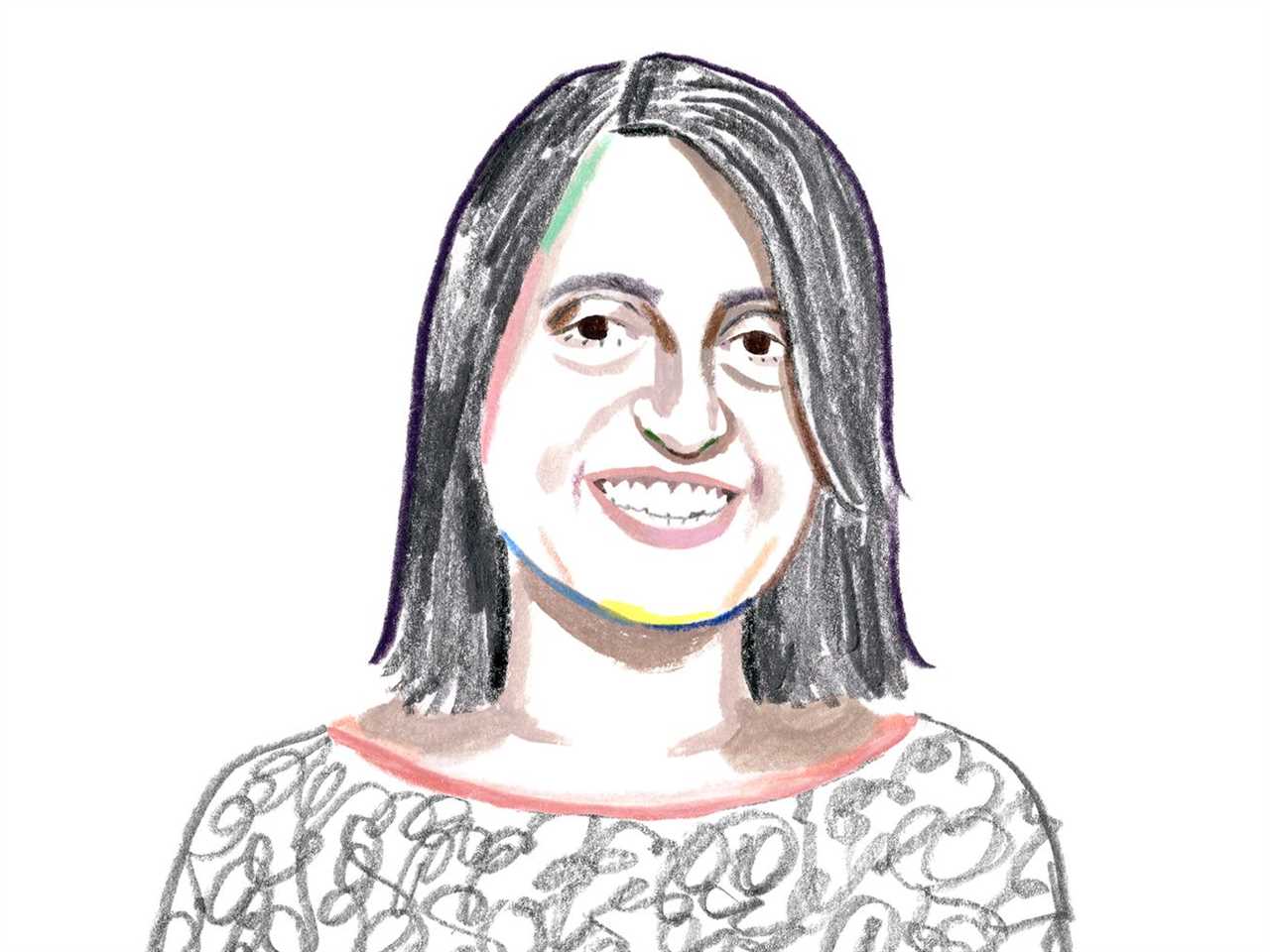
Figuring out what practical economic policies could make life better for women.
An old joke goes like this: A physicist, a chemist, and an economist were stranded on a desert island with no implements and a can of food. The physicist and the chemist each devised an ingenious mechanism for getting the can open; the economist merely said, “Assume we have a can opener.”
At the risk of overexplaining the humor, the point is that economists — who belong to a field that has unparalleled influence over public policy — are too often blinded by the theoretical and the abstract.
But for Seema Jayachandran — who switched from her PhD in physics to economics two years into her studies — being an economist is her way of doing something “a little more grounded in the real world.” It’s not that Jayachandran fails to see the value in theoretical work. Rather, her number one goal is to make practical economics research more accessible to policymakers and the public, so that it might influence policy.
Jayachandran is an economics professor at Princeton University, co-director of the National Bureau of Economic Research’s Development Economics Program, and co-editor of the American Economic Journal: Applied Economics. Both in and outside of academia, she has worked to ensure that economics can measurably improve conditions for the people who need it most — especially women.
This ranges from research on female entrepreneurship and the effects of contraceptive use on breastfeeding to surveying the causes and consequences of rising female education and employment. “It’s very rewarding to work on something where you feel like your research can make other people’s lives a little bit better,” she said in an interview with Northwestern University’s Institute for Policy Research.
Much of Jayachandran’s initial research focused on what economic shifts and policies would do to women and girls. In her most well-known paper on gender inequality, she argued that we should expect gender gaps to naturally close as countries get richer due to shifts away from agriculture, technological advances, and reduced risks in childbirth. Importantly, though, she found that cultural norms, such as a focus on women’s “purity,” could counteract these trends toward gender equality.
Drawing on the importance of culture and policy, Jayachandran has tested specific interventions, including research on a conversation series in Indian schools that challenged students’ gender attitudes by having them talk about things like household chores. “It turned out that they all said women and girls do all the chores,” she said in an interview with the Federal Reserve Bank of Minneapolis. “And they then talked about, ‘Is that fair? Why is that?’”
Jayachandran’s concern for what economic policy can mean for those too often neglected by governments comes across even more strongly in her public-facing writing. In a New York Times article from 2017, she compared proposals for a public option in US health care with similar programs in India and Mexico; in another in 2020, she challenges assumptions about government spending, showing the fiscal returns to certain social programs. For the Indian Express, she wrote about India’s 21 million “unwanted” girls and how keeping track of their numbers is important in both alerting us to the problem and charting progress.
“People think [economics] is about the stock market, and money,” she said in an interview with the University of Barcelona. “But we study many things, including how to reduce gender inequality. That’s partly because economics is, at its heart, about incentives — what makes people do one thing or the other.”
----------------------------------------
By: Siobhan McDonough
Title: Economics is more than just theory for Seema Jayachandran — it’s a way to help people
Sourced From: www.vox.com/future-perfect/23398425/future-perfect-50-seema-jayachandran-economist
Published Date: Thu, 20 Oct 2022 10:55:00 +0000
Did you miss our previous article...
https://consumernewsnetwork.com/politics-us/welcome-to-los-angeles-where-political-careers-go-to-die






